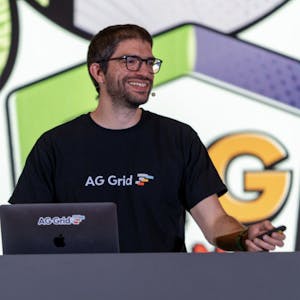If you’re like me, you probably have a million side-project ideas, some that could even make you money as a micro SaaS, or could turn out to be the next billion dollar startup. But how do you know which ones? How do you go from an idea into a functioning product that can be put into the hands of paying customers without quitting your job and sinking all of your time and investment into it? How can your solo side-projects compete with applications built by enormous teams and large enterprise companies?
Building rich SaaS products comes with technical challenges like infrastructure, scaling, availability, security, and complicated subsystems like auth and payments. This is why it’s often the already established tech giants who can reasonably build and operate products like that. However, a new generation of devtools are enabling us developers to easily build complete solutions that take advantage of the best cloud infrastructure available, and offer an experience that allows you to rapidly iterate on your ideas for a low cost of $0. They take all the technical challenges of building and operating software products away from you so that you only have to spend your time building the features that your users want, giving you a reasonable chance to compete against the market by staying incredibly agile and responsive to the needs of users.
In this 3 hour workshop you will start with a simple task management application built with React and Next.js and turn it into a scalable and fully functioning SaaS product by integrating a scalable database (PlanetScale), multi-tenant authentication (Clerk), and subscription based payments (Stripe). You will also learn how the principles of agile software development and domain driven design can help you build products quickly and cost-efficiently, and compete with existing solutions.














































































